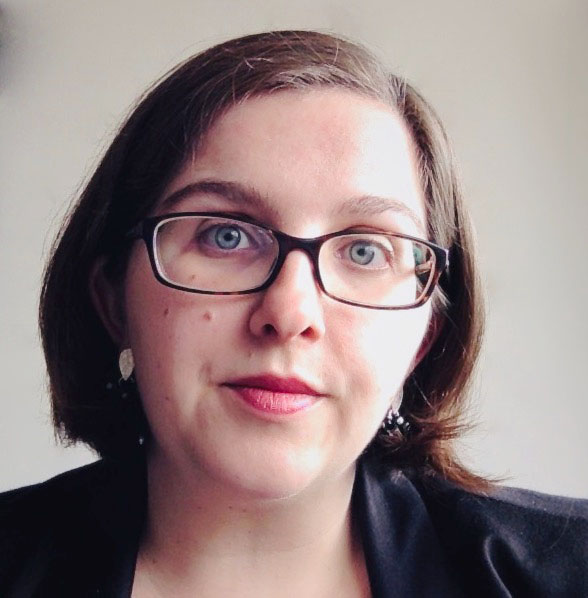The political science department at St. Thomas University has hired a new professor.
Laura Levick was hired in February and will be starting on July 1. She is teaching an introductory course, comparative politics courses and a Latin American politics course.
Levick did her master’s degree in voting systems at Mansfield College in Oxford University from 2009 to 2011 and doctoral studies in electoral systems at Queen’s University from 2011 to 2017.
She’s now teaching an introductory course to political science at Pontifical Catholic University in Chile and working on three collaborative projects. Before, she worked as a teaching assistant at Queen’s University while completing her studies.
She said she enjoys teaching introductory courses because it focuses on what the topic is at the core and she gets to teach to a wide range of students.
“Since it’s open to everybody, I think it gives it a very interesting dynamic,” she said. “I love getting that diverse range of perspectives.”
She also likes the idea of inspiring possible political science students to pursue a degree in it.
She believes small classes allow professors to engage in deeper discussions with students.
“I think it’s so boring just lecturing at students. I’d much rather talk through issues and ideas with them than talk at them,” she said.
She said one of the most attractive things about STU was the passion that professors have for what they teach and the effort they put in it. She also heard about positive experiences with the quality of education and the campus community from alumni.
“It was a selling point [for] me,” she said.
During the hiring selection process, she was impressed by students’ engagement in the class when she taught a mock lecture.
“They were asking all of the right questions,” she said. “They were really engaging on a meaningful, deep level with the material.”
Levick will be the only woman in the department. She said it’s important the political science department has diverse perspectives.
“It’s really important from a student perspective to have faculty who likes you and shares some of your experiences,” she said.
“It’s something that the department recognizes and that they are interested in ensuring.”

